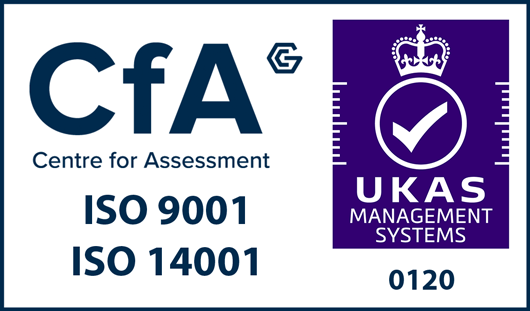News from REAL
The latest news from REAL
Proposed tax on single-use plastics could boost compostable packaging
Posted: 19 December, 2017. Written by Georgia
Proposed tax on single-use plastics could boost compostable packaging
- Chancellor announces possible tax on single-use plastics
- This new levy could accelerate the search for better alternatives
- Materials certified as “compostable” can harmlessly decompose in industrial composting systems
- Compostable Packaging Certification Scheme certifies packaging products as “compostable”
Chancellor Phillip Hammond announced in his recent Budget speech that the Government is considering introducing a tax on single-use plastics. The Chancellor’s announcement is a reaction to mounting evidence of the widespread harm to the marine environment which results from uncontrolled plastic use.
This new levy could accelerate the search for better alternatives to single-use plastics such as “biobased”, “biodegradable” or “compostable” packaging products. Unlike single-use plastics, compostable plastics certified against standards such as EN 13432 and EN 14995, harmlessly decompose through industrial composting processes. Compostable materials help to divert waste away from disposal routes and allow materials to be recycled into agriculture and horticulture.
Renewable Energy Assurance Ltd (REAL) administers the Compostable Packaging Certification Scheme in partnership with Din Certco, an organisation based in Germany. Jointly we can offer clients a suite of schemes for the certification of compostable packaging and biobased materials. If successful, clients can provide consumers and retailers with assurance that their products can either be decomposed through composting processes or their use will reduce or remove fossil-derived materials in their production.
Virginia Graham, Chief Executive of Renewable Energy Assurance Limited (REAL) said:
“We have worked closely with Din Certco for several years to offer clients a suite of environmental certification schemes for packaging products. This has helped to improve marketability and acceptance of these products for processing in facilities such as certified compost sites in the UK. We are proud to support the move away from single-use plastics.”
Berit Topolinski, Product Manager at Din Certco said:
“Industry, retailers and consumers are more and more focused on the use of sustainable materials and products that do not exploit fossil resources. Therefore, producers are looking to prove that their products are replacing these fossil carbon sources with bio-based carbon sources, made of recycled materials, and looking to prove the end-of-life options are sustainable. Independent certification is required for consumers to identify these properties.”
Sam Deconinck, Deputy Lab Manager at OWS said
“Compostable packaging perfectly fits the circular economy concept. To avoid greenwashing, however, proof of true compostability is a must. OWS, based in Belgium and having almost 30 years of experience as an independent contract research laboratory, has tested over 10,000 samples for biodegradability and compostability, as such helping its customers collecting that 3rd party proof needed for making public claims and/or certification.”
Other News
- CCS Update March 2025
27/03/2025 - BCS Update March 2025
26/03/2025 - CMCS announces the first certified home compostable product
19/03/2025
